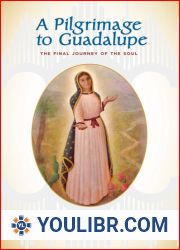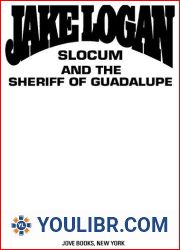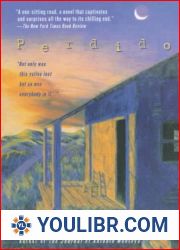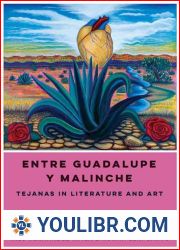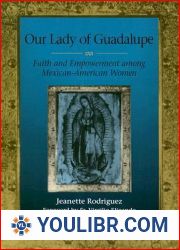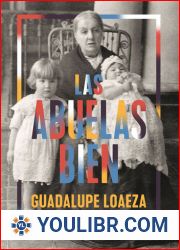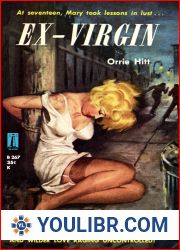
BOOKS - The Virgin of Guadalupe and the Conversos: Uncovering Hidden Influences from ...

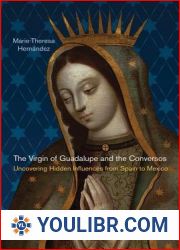
US $5.74

670234

670234
The Virgin of Guadalupe and the Conversos: Uncovering Hidden Influences from Spain to Mexico
Author: Marie-Theresa Hernandez
Year: July 1, 2014
Format: PDF
File size: PDF 8.2 MB
Language: English
Year: July 1, 2014
Format: PDF
File size: PDF 8.2 MB
Language: English
Hidden lives, hidden history, and hidden manuscripts. In and "The Virgin of Guadalupe and the Conversos, and "Marie-Theresa Hernandez unmasks the secret lives of and "conversos and " and "judaizantes and "and their likely influence on and " and "the Catholic Church and " and "in the New World. The terms and "converso and " and "judaizante and " are often used for descendants of Spanish Jews (the Sephardi, or Sefarditas as they are sometimes called), who converted under duress to Christianity in the fourteenth and fifteenth centuries. There are few, if any, archival documents that prove the existence of and "judaizantes and " after the Spanish expulsion of the Jews in 1492 and the Portuguese expulsion in 1497, as it is unlikely that a secret Jew in sixteenth-century Spain would have documented his allegiance to the Law of Moses, thereby providing evidence for the Inquisition. On a and "Da Vinci Code and " - style quest, Hernandez persisted in hunting for a trove of forgotten manuscripts at the New York Public Library. These documents, once unearthed, describe the Jewish Christian religious beliefs of an early nineteenth-century Catholic priest in Mexico City, focusing on the relationship between the Virgin of Guadalupe and Judaism. With this discovery in hand, the author traces the cult of Guadalupe backwards to its fourteenth-century Spanish origins. The trail from that point forward can then be followed to its interface with early modern conversos and their descendants at the highest levels of the Church and the monarchy in Spain and Colonial Mexico. She describes key players who were somehow immune to the dangers of the Inquisition and who were allowed the freedom to display, albeit in a camouflaged manner, vestiges of their family's Jewish identity. By exploring the narratives produced by these individuals, Hernandez reveals the existence of those and "conversos and " and "judaizantes and "who did not return to the and "covenantal bond of rabbinic law, and " who did not publicly identify themselves as Jews, and who continued to exhibit in their influential writings a covert allegiance and longing for a Jewish past. This is a spellbinding and controversial story that offers a fresh perspective on the origins and history of and "conversos. and "









